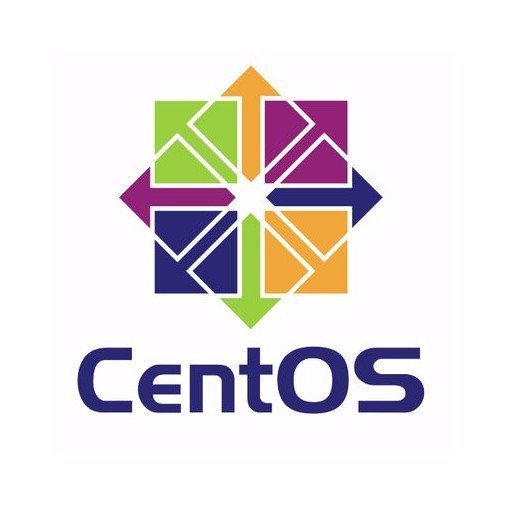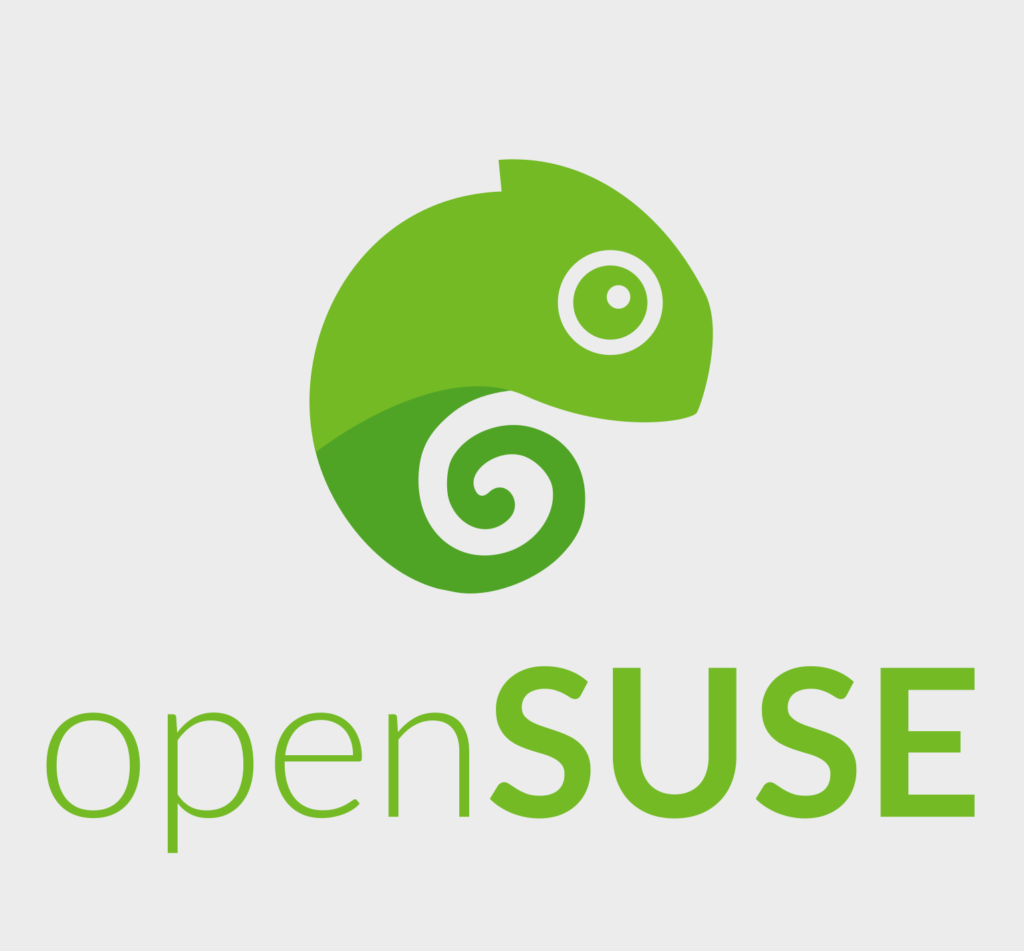Are you looking for a reliable and cost-effective server operating system? Look no further, because in this article, we’ll be breaking down the top 5 FREE server operating systems you need to know about. With so many options out there, it can be overwhelming trying to find the perfect one for your needs. But fear not, as I have researched and tested these operating systems extensively to give you all the information you need. Whether you’re a small business owner or a tech enthusiast, these free server operating systems are sure to meet your needs without breaking the bank. So let’s dive into this comprehensive guide and find the perfect OS for your servers!
So, free server operating systems?
1. Ubuntu Server
Ubuntu Server is a popular choice for those looking for a free and open-source server operating system. It offers a stable and secure platform, with regular updates and long-term support options available.
2. CentOS
CentOS is another well-known option, known for its stability and reliability in running servers. It is based on the commercial Red Hat Enterprise Linux (RHEL) but without the cost of licensing fees.
3. Debian
Debian is one of the oldest Linux distributions, known for its flexibility and robustness as a server operating system. Its large community of developers also ensures timely updates and security patches.
4. FreeBSD
FreeBSD is an open-source Unix-like operating system that provides high performance, stability, and advanced networking capabilities. It has been used to power many web servers due to its scalability.
5. OpenSUSE Leap
OpenSUSE Leap combines the best features from both enterprise-grade SUSE Linux Enterprise and community-driven openSUSE projects into one stable distribution perfect for servers.
These are just some of the top choices when it comes to free server operating systems available today. Each one offers unique features and benefits, so it’s important to research which one fits your specific needs before making a decision.
Ubuntu Server stands out for its user-friendly interface and extensive documentation, making it easy for beginners to set up their own server without prior experience.
CentOS boasts excellent security measures with built-in firewalls, SELinux policies, and package signing verification to protect against cyber threats.
Debian’s minimalistic approach makes it lightweight yet powerful enough to handle complex tasks efficiently while providing users with complete control over their server configuration.
FreeBSD’s focus on performance makes it ideal for high-traffic websites or applications that require fast data processing speeds.
And finally, OpenSUSE Leap offers users both stability through regular updates from SUSE Linux Enterprise as well as access to cutting-edge software through integration with the openSUSE community.
Overall, these free server operating systems provide reliable and secure options for businesses or individuals looking to set up their own servers without breaking the bank. With a little research and experimentation, you can find the perfect fit for your specific needs.
Exploring the Features of Ubuntu Server: A Free Operating System

Ubuntu Server is a powerful, free operating system that shines in the realm of cloud computing and server management. One standout feature is its robust security framework, which offers tools like AppArmor and uncomplicated firewall settings to safeguard your data. This focus on security ensures that sensitive information remains protected, making it ideal for businesses handling personal or financial data. Additionally, Ubuntu Server boasts an intuitive package management system through APT (Advanced Package Tool), allowing users to easily install and update software without hassle.
Another impressive aspect of Ubuntu Server is its versatility in deployment options. Whether you’re setting up a small web server or scaling up for extensive cloud applications, this operating system can adapt to meet various needs with ease.
- With built-in support for virtualization technologies like KVM
- It allows multiple virtual machines on one physical server.
Furthermore, the command-line interface provides administrators with fine-grained control over their systems while still being user-friendly enough for those who are new to Linux environments. As a result, businesses of all sizes can benefit from the scalability and reliability offered by this remarkable open-source platform.
Delving into CentOS: An Open-Source Platform for Your Server Needs

CentOS is a popular choice for many when it comes to open-source operating systems. It stands out as a robust platform designed primarily for servers, making it an excellent option for businesses and tech enthusiasts alike. The beauty of CentOS lies in its stability and reliability; it’s built directly from the sources of Red Hat Enterprise Linux (RHEL), giving users access to powerful features without the associated costs. This means that organizations can set up their servers confidently, knowing they have a solid foundation that won’t crumble under pressure. With regular updates and community support, CentOS ensures security patches are readily available to keep your data safe.
When diving into CentOS, you’ll find that it is highly customizable. One of the most appealing aspects is its ability to adapt to various server roles—be it web hosting, database management, or even cloud computing tasks. Users can install different packages based on their specific needs through yum, an intuitive package manager that simplifies software installation and updates. Additionally, CentOS supports numerous application frameworks like Apache or Nginx, allowing you to tailor your server environment perfectly. Embracing this open-source platform not only reduces costs but also nurtures a vibrant community where knowledge sharing thrives through forums and documentation—a true testament to collaborative technology!
Read also: text to speech engine android
Understanding the Advantages of Debian: A Versatile Free Server OS

Debian stands out as a remarkable choice when it comes to free server operating systems. One of its most appealing features is its stability, which is essential for running servers that need to perform reliably over long periods. Debian undergoes rigorous testing before any new version is released, allowing you to rest assured that your server will run smoothly without unexpected crashes or bugs. This makes it an excellent option for both beginners and seasoned administrators who seek a dependable platform. Furthermore, the vast repository of software packages available allows users to easily install and update applications with just a few commands, enhancing productivity and reducing the time spent on setup.
Another significant advantage of using Debian lies in its flexibility and customization options. It supports various hardware architectures, from older machines to modern servers, making it versatile enough for diverse environments. Users can tailor their installations according to specific needs by selecting what components they want during setup—whether it’s a minimal system or one packed with tools right from the start.
In addition, Debian’s strong community support means that help is just around the corner; forums filled with experts are ready to assist. All these features come together to make Debian not just an operating system but a powerful tool that empowers users in managing their own digital landscapes effectively.
Highlighting Fedora Server’s Capabilities and Benefits
Fedora Server stands out as a powerful operating system tailored for those who want to harness the full potential of their servers. With a focus on flexibility and performance, it supports various roles, from web hosting to cloud computing. One of its key features is the modularity that allows users to pick and choose what they need. This means you can customize your server environment without unnecessary bloat. The cockpit interface offers an intuitive way to manage your systems easily, even if you’re not an expert in Linux administration.
Another significant advantage lies in its commitment to open-source principles, ensuring that developers have access to cutting-edge technologies right away. As new features are released every six months, staying current with updates becomes effortless — no more waiting years for stable releases! Using container technology through tools like Podman, Fedora Server enables seamless application deployment and scaling across different environments. Additionally, security is always prioritized; frequent patches protect against vulnerabilities while maintaining high levels of performance.
In summary, Fedora Server provides a robust platform that empowers users with control over their server resources while prioritizing security and efficiency at every step.
You may also like: speak naturally
Appreciating OpenSUSE as a Powerful, Cost-Free Operating System for Servers

OpenSUSE is truly a gem in the world of operating systems, especially for those looking to set up servers without breaking the bank. This powerful and flexible OS offers a broad range of tools that cater to both beginners and seasoned tech enthusiasts alike. One of its standout features is YaST, which simplifies system administration tasks with an intuitive interface, allowing users to manage software installations, network settings, and hardware configurations seamlessly. This means you can spend less time troubleshooting and more time focusing on your projects or business needs.
Moreover, OpenSUSE provides robust security features that ensure your data stays safe while still being user-friendly. The built-in AppArmor helps protect applications from vulnerabilities by restricting their capabilities based on defined profiles. Additionally, with its rolling release model—Tumbleweed—you get access to the latest updates as they happen without waiting for major versions to drop. A thriving community backs it up too; online forums are filled with enthusiastic members eager to help newcomers navigate challenges they might face. In short, choosing OpenSUSE opens doors to endless possibilities—all at no cost!
- Cost-effective solution
- User-friendly tools like YaST
- Strong security measures
- Access to continuous updates



